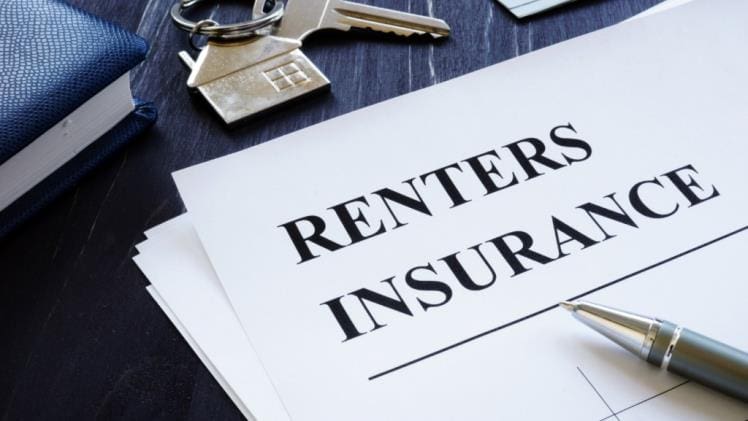Renters’ insurance is a vital component of living in a rental property. It provides peace of mind, knowing that your belongings and personal liability are covered in the event of unforeseen circumstances. For those currently searching for their next rental, it’s beneficial to consider apartments for rent that are in areas with favorable insurance rates. Understanding renters’ insurance is key to making an informed decision about your coverage needs.
1. Understanding Renters’ Insurance
a. What is Renters’ Insurance?
Renters’ insurance is a policy that protects your personal property in a rented residence. It covers losses due to theft, fire, vandalism, and certain types of water damage. Additionally, it offers liability coverage if someone is injured in your rental.
b. Why You Need It
Many renters assume their landlord’s insurance will cover their personal property, but this is a common misconception. Landlord insurance typically only covers the building itself, not the tenant’s belongings.
2. Coverage Basics
a. Personal Property Coverage
This part of the policy covers the cost to repair or replace your belongings, such as furniture, electronics, and clothing, up to a specified limit.
b. Liability Protection
Liability coverage protects you if you’re found legally responsible for injuring someone or damaging their property.
c. Additional Living Expenses (ALE)
In the event your rental becomes uninhabitable due to a covered peril, ALE helps cover temporary living costs.
3. Choosing the Right Policy
a. Assess Your Needs
Evaluate the value of your belongings to determine how much coverage you need. Consider creating a home inventory for accurate assessment.
b. Compare Policies
Shop around and compare quotes from different insurers. Look beyond the price and consider the coverage options and customer service reputation.
c. Understanding Deductibles
A deductible is the amount you pay out of pocket before insurance kicks in. A higher deductible typically means a lower premium, but ensure it’s an amount you can afford in an emergency.
4. Common Misconceptions
a. “My Landlord’s Insurance Covers Me”
As mentioned earlier, a landlord’s insurance usually only covers the building, not your personal belongings.
b. “Renters’ Insurance is Expensive”
Many people overestimate the cost of renters’ insurance. It’s often quite affordable, with average costs varying by location, coverage amount, and other factors.
5. Additional Coverage Options
a. Valuable Items Coverage
For high-value items like jewelry or art, you may need additional coverage since standard policies have limits on certain types of property.
b. Flood and Earthquake Coverage
These natural disasters are typically not covered under standard renters’ insurance policies. If you live in an area prone to these risks, consider additional coverage.
6. Filing a Claim
a. Immediate Steps
In the event of theft, vandalism, or injury, report the incident to the police or relevant authorities immediately.
b. Documentation
Document the damage or loss with photos and a detailed inventory of affected items. This will be crucial when filing your claim.
c. Contact Your Insurance Company
Notify your insurance company as soon as possible to start the claims process. Be prepared to provide evidence and any required documentation.
7. Renters’ Insurance and Roommates
a. Individual Policies
Each roommate should have their own renters’ insurance policy. A policy typically only covers the named insured and their immediate family living in the unit.
8. Review and Update Your Policy Regularly
a. Life Changes
Update your policy if you acquire new valuables, move to a new location, or experience other significant life changes that could affect coverage needs.
Conclusion
Renters’ insurance is an essential aspect of renting an apartment, providing security and protection for your personal belongings and liability. It’s an affordable way to ensure that you’re covered in the event of unexpected events. As you look for your next rental home, remember that understanding and obtaining renters’ insurance should be a part of your moving checklist. Protecting your assets is just as important as finding the perfect place to call home.

